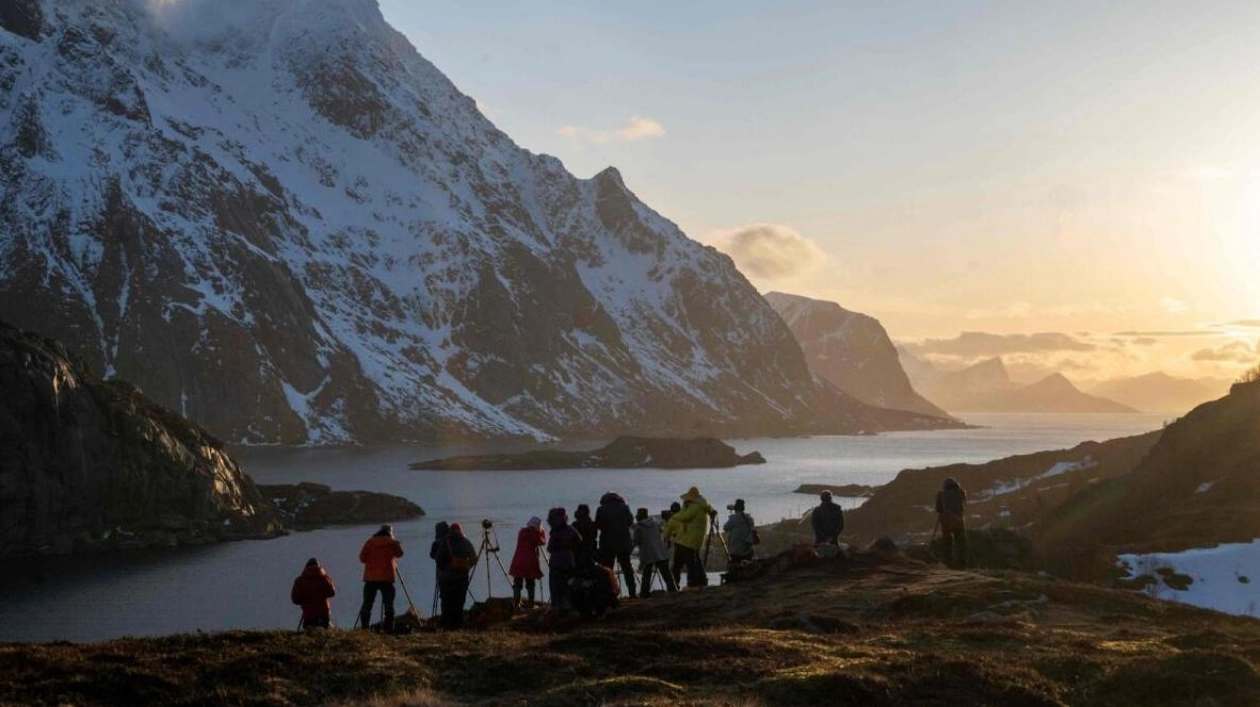Cati Padilla, far from her home in Tenerife's tourist hub, is part of a rising trend of travelers seeking respite from heatwaves in cooler Nordic destinations. Northern European countries such as Norway and Sweden are actively marketing 'coolcations' to lure tourists with their mild climates. Padilla, on vacation with friends, explained her reason for leaving the Canaries in summer: "To escape the heat." She also noted Norway's appeal due to its lush landscapes, mountains, and ice, as she explored the 'troll path' leading to the fjords.
In 2023, Norway saw a 22 percent increase in foreign overnight stays, and Sweden experienced an 11 percent rise, according to official figures. This surge was largely attributed to the easing of Covid-19 restrictions in 2022 and a decline in Scandinavian currencies. A Visit Sweden survey in Germany revealed that 40 percent of respondents planned to alter their travel habits due to southern European heat, considering different seasons or cooler locales.
Susanne Andersson, head of Visit Sweden, highlighted that a 'coolcation' is not just about the weather but also about visiting less crowded places. This shift has led some to abandon overcrowded Mediterranean beaches and heat-stricken areas, opting instead for serene experiences like lake swims, fjord dips, or solitary mountain hikes. British tourist Pam, visiting the UNESCO-listed Geiranger Fjord, found the weather pleasantly mild, contrary to her expectations.
The frequency and intensity of heatwaves have significantly increased since 1950, a trend expected to continue due to global warming, according to UN climate experts. By 2050, half of Europe's population could face severe heat stress, with heat-related deaths potentially doubling or tripling with temperature increases of 1.5 to 3 degrees Celsius. French pensioner Gerard Grollier, choosing Norway over Spain and Greece, cited the more pleasant climate as a reason, reflecting a broader environmental impact on tourism.
Rovaniemi, the capital of Lapland in Finland, saw a 29 percent increase in overnight stays last year, indicative of the growing 'coolcation' trend. However, this influx brings challenges, including a rise in Airbnb properties and disruptive tourists. Jan Ove Tryggestad, former mayor of a Norwegian village, expressed concerns about overcrowding, noting the cultural shock of a small village suddenly hosting thousands of visitors, but emphasized the community's adaptability.






